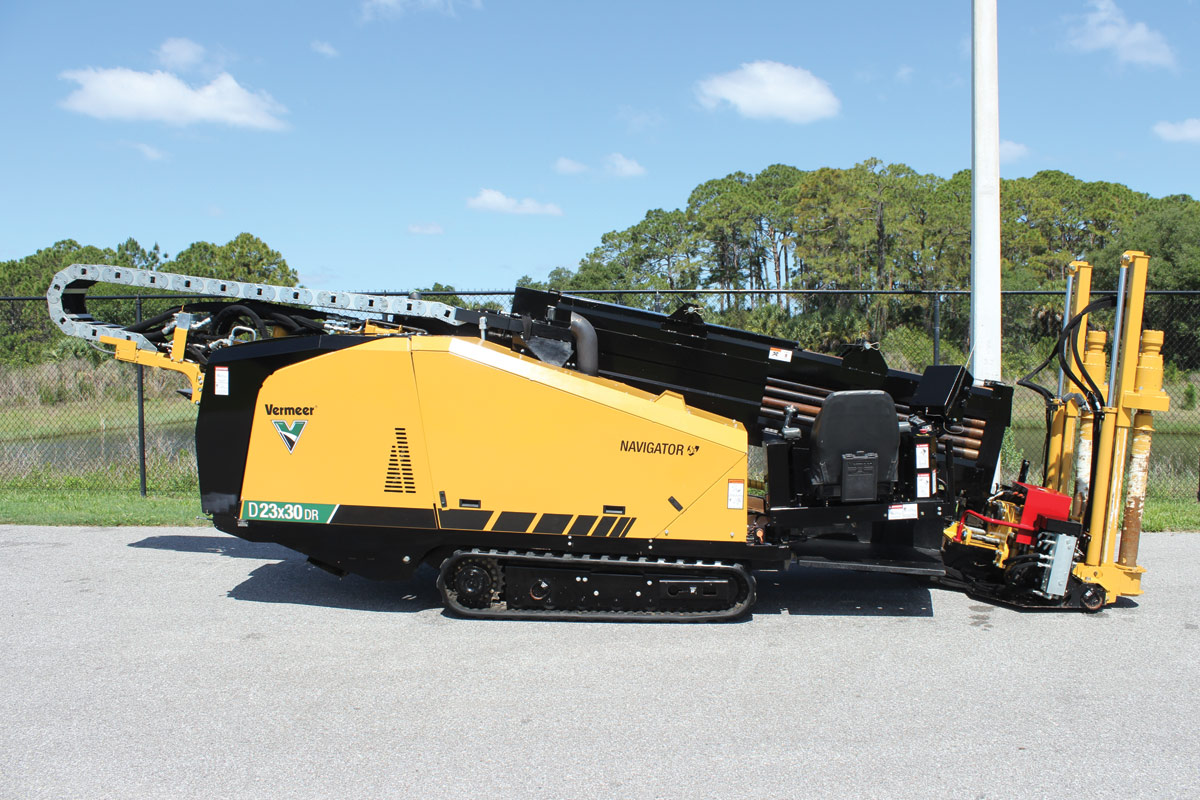
Today’s Young Trenchless Professionals: Geoff Britnell
Geoff Britnell, Business Development Manager, FER-PAL Inc.
If you would have asked Geoff Britnell a decade ago what he thought about a career in trenchless technology, he likely would have answered: What is trenchless technology?
Geoff graduated from Bishop’s University in Lennoxville, Quebec, Canada, in 2011, with a degree in political studies; however, he decided not long after to pursue something different but didn’t know what that something was. He joined FER-PAL in 2012 and, today, is national business development manager. He works with utilities, consultants and governments on education and the growth of CIPP lining for potable water mains, specifically with the ALTRA Water Solutions liner and manages six team members spread across Canada and the United States.
His venture into trenchless came when he was at a crossroads professionally and was looking at his options. Geoff knew FER-PAL president and CEO Shaun McKaigue and he told Geoff that he was looking to fill a business development/client relations role. “I would be lying if I didn’t admit that he had to convince to join; however, once I started in the industry, there’s been no looking back,” he says.
Geoff has since grown into a fervent advocate for trenchless rehabilitation, as cities, towns and municipalities across North America continue to address their aging underground infrastructure. He loves the industry’s innovative nature when it comes to developing technologies and describes the trenchless industry, specifically the potable water sector, to be on the precipice of incredible growth. “From a potable water standpoint, the industry is teetering on the edge of accelerated growth, like the expansion the sewer market previously experienced,” Geoff says. “We are seeing a greater rate of adoption and tolerance for change [regarding potable water rehabilitation] than we have seen previously.”
Key to that growth is a greater investment in public drinking water systems, he says. “My generation has reached a point where the trust for bottled water is greater than a public system,” Geoff says. “I take pride in being part of the solution to drive for more funding for our systems so that water is clean and affordable.”
Part of the excitement and energy he has for the trenchless industry was born out of the relationships he has forged with so many trenchless vets, who have shared their knowledge and experience with Geoff when he entered the industry as a blank slate; now he’s part of the next wave of trenchless technologists who are paying it forward. “Most of what I have learned has come directly from trenchless innovators and pioneers, such as Kamran Sarrami, Ian Doherty, Kevin Bainbridge and Shaun McKaigue,” he says. “It’s our job to take the information they have passed on and further the industry even more.”
Biggest takeaway from the vets — calculated risk. “Risk is shared between a client and contractor in the hopes to improve. That means both client and contractor have to be in a position where the potential of failure is understood and agreed to,” Geoff says. “Without this, we would still be replacing pipes the traditional way.”
And it’s that thinking — reflexively choosing to replace aging pipes with non-trenchless methods — that keeps Geoff motivated every day. “A large part of the drive is to change the existing way of thinking,” he says. “There is still resistance to change how we replace pipes, yet the common practice to do so is the same as a century ago. There is a better way to do it and it is being done successfully across North America.”
Along with being a member of several industry-related organizations, Geoff is also a member of the American Public Works Association (APWA), which connects him and trenchless to the public works sector.
“The trenchless industry has provided me with a great career path and one I didn’t foresee myself in a decade ago,” he says. “The changes the industry is pushing for are improving the way we replace and rehab our aging infrastructure. As that infrastructure continues to require investment to renew it, the need for technologies that do so quickly and responsibility grows. I am excited to be a part of the solution.”
Sharon M. Bueno is the editor of Trenchless Technology.




